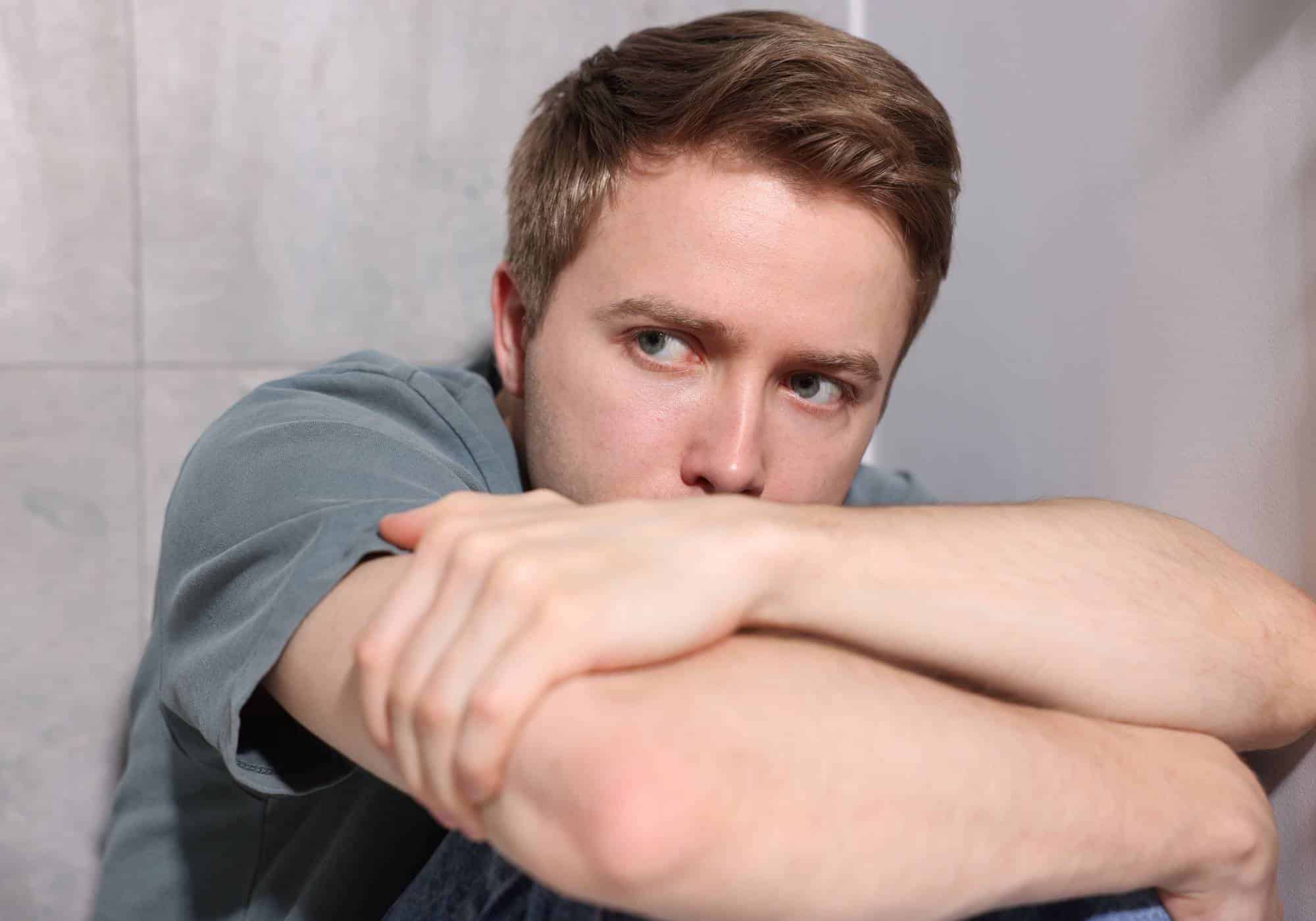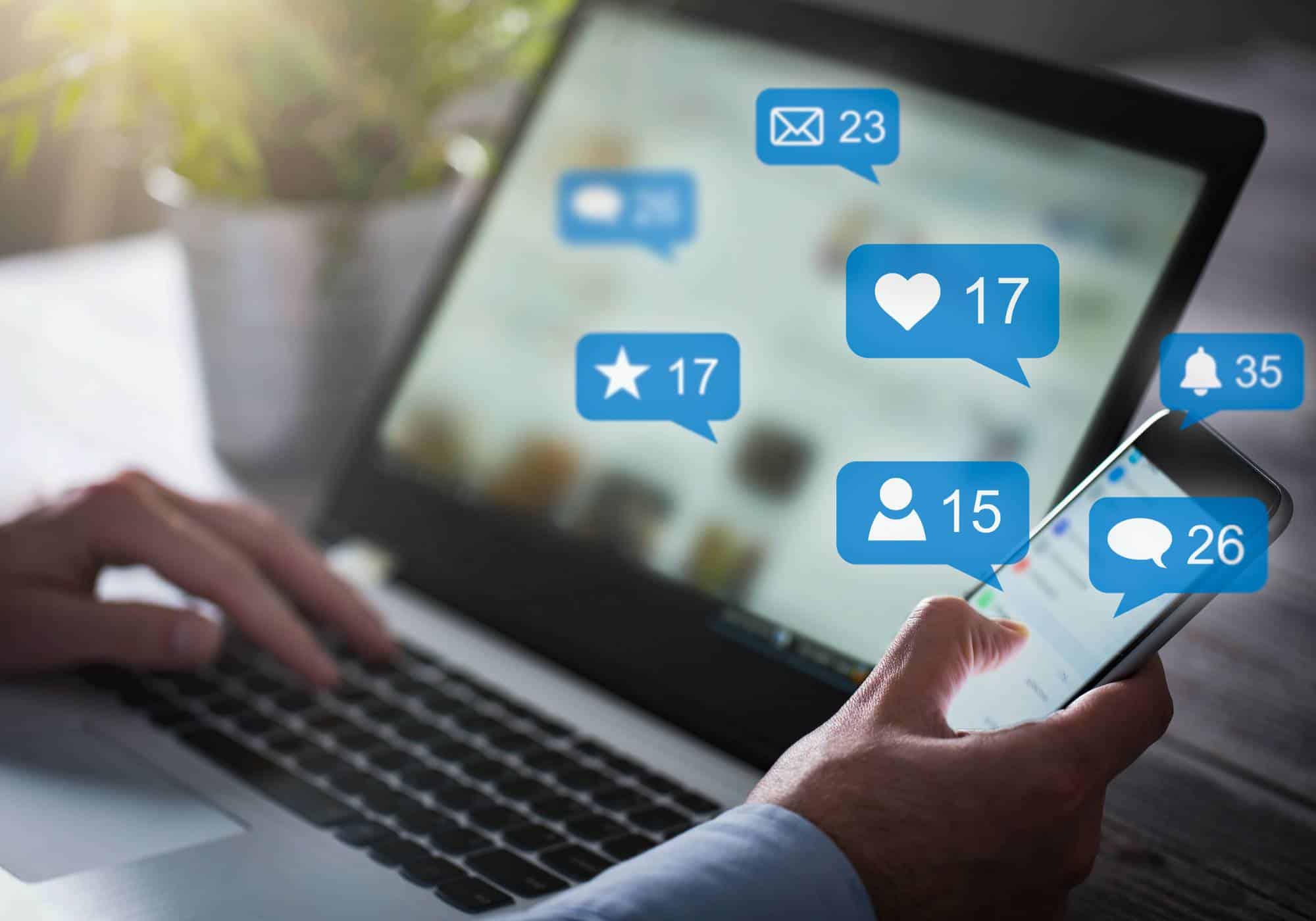In today’s era of digital omnipresence, platforms like Facebook, Instagram, Twitter, and TikTok are integral to daily life, especially for the youth. This article explores the profound impact of social media on mental health among college students, highlighting both benefits and challenges.
The Positives of Social Media
- Building Connections: Social media excels in connecting people across distances, providing a sense of community and support during isolated times.
- Promoting Awareness: It serves as a powerful platform for mental health advocacy, helping to break down stigmas and foster open conversations.
- Educational Resources: Many professionals and organizations use these platforms to disseminate important mental health information, making it widely accessible.
However, constant connectivity has its downsides.
The Negatives of Social Media
- Comparison Culture: Social media often portrays an idealized version of life, leading to unhealthy comparisons and feelings of inadequacy.
- FOMO: The Fear of Missing Out can exacerbate feelings of exclusion and isolation as users see others engaged in activities they are not part of.
- Cyberbullying: Anonymity online can lead to increased bullying, which significantly impacts users’ emotional well-being.
- Anxiety and Depression: Continuous notifications and the pressure to keep up can lead to increased stress and linked to mental health declines.
- Unrealistic Standards: Filters and editing can distort reality, potentially leading to body image issues.
- Sleep Disruption: Excessive screen time, especially before bed, can interfere with sleep patterns, impacting physical and mental health.
Research from entities like The Child Mind Institute and The National Center for Health Research suggests a strong link between heavy social media use and worsening mental health, but understanding why is crucial.
The Psychological Draw of Social Media:
- Dopamine Feedback Loop: Similar to gambling, the unpredictable nature of social media content triggers dopamine releases, offering a reward but potentially leading to dependency.
- Seeking Validation: The quest for likes and comments can significantly impact self-esteem, with negative interactions or lack thereof causing emotional distress.
Strategies for Healthy Social Media Use
According to the University of Pennsylvania, reducing social media usage can decrease feelings of loneliness and depression. To manage social media healthily:
- Recognize signs of increased anxiety, loneliness, or envy.
- Ensure social media does not overshadow physical interactions.
- Take action if online interactions lead to distress or disrupt daily life.
- Establish boundaries to reduce screen time, such as scheduled breaks or app usage limits.
- Periodically detox digitally to refresh mentally and emotionally.
Alternative Activities to Enhance Well-being:
- Organize face-to-face gatherings.
- Participate in physical and outdoor activities.
- Volunteer for community service.
- Enjoy real-life conversations with friends.
For those struggling to maintain a healthy balance with social media, professional help is available. Hooked on Hope Mental Health in Atlanta, GA, offers tailored outpatient mental health treatments to help individuals achieve a balanced life. For support, contact our outpatient center at 470-287-1927 and start your journey toward improved mental health.






